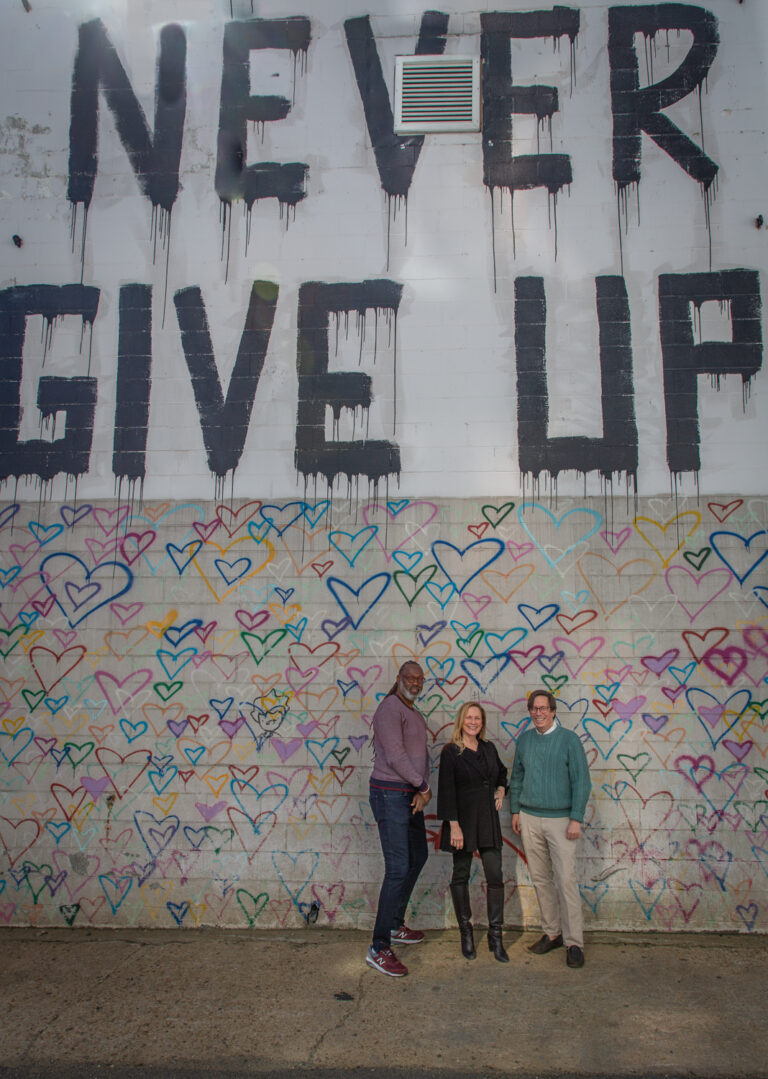“As someone who has personally experienced the hardships of incarceration, I can attest to the transformative power of educational programs in the lives of those behind bars. My journey, marked by a series of misguided choices, led me to become an unfortunate participant in the U.S. judicial system. My time in prison coincided with the global COVID-19 pandemic, which made an already challenging situation even more daunting.
During this dark period, I found it difficult to maintain mental stability while enduring the strict conditions of my confinement. However, a turning point arrived when I joined the District of Columbia Department of Corrections (DOC) Educational Program, led by Dr. Lopez and her team. From the very first day, my outlook began to change as I gained access to the FastCase law library and enrolled in various educational courses.
The introduction of technology, coupled with high-quality courses available on educational tablets, made a significant difference in my daily life. The monotony of my prison routine gave way to a newfound sense of purpose, as I eagerly pursued knowledge and challenged myself with new concepts. This mental exercise felt akin to a physical workout, where my mind and cognitive skills grew stronger with each lesson.
Through my dedication and hard work, I completed several courses and earned certificates of accomplishment in programs such as the Skillsoft exam preparation course, Georgetown Law Mini course, and National Correction Works. These educational experiences allowed me to make the most of my time in a restrictive environment and set the stage for personal growth.
It is a widely acknowledged truth that incarceration is a grueling and highly stressful experience, one that takes a toll on an individual’s mental health and overall well-being. By implementing educational programs and enacting necessary reforms, we can provide incarcerated individuals across the U.S. with opportunities to mitigate the adverse effects of confinement, while also fostering their rehabilitation and personal development.
As these individuals prepare to re-enter society, the knowledge and skills they acquire during their incarceration can serve as a solid foundation for a successful reintegration. With the tools and capabilities gained through educational programs, they can pursue meaningful careers and contribute positively to their communities. In this way, we can unlock the potential of those who have been incarcerated and help them build a brighter future.” – Rodion B.


